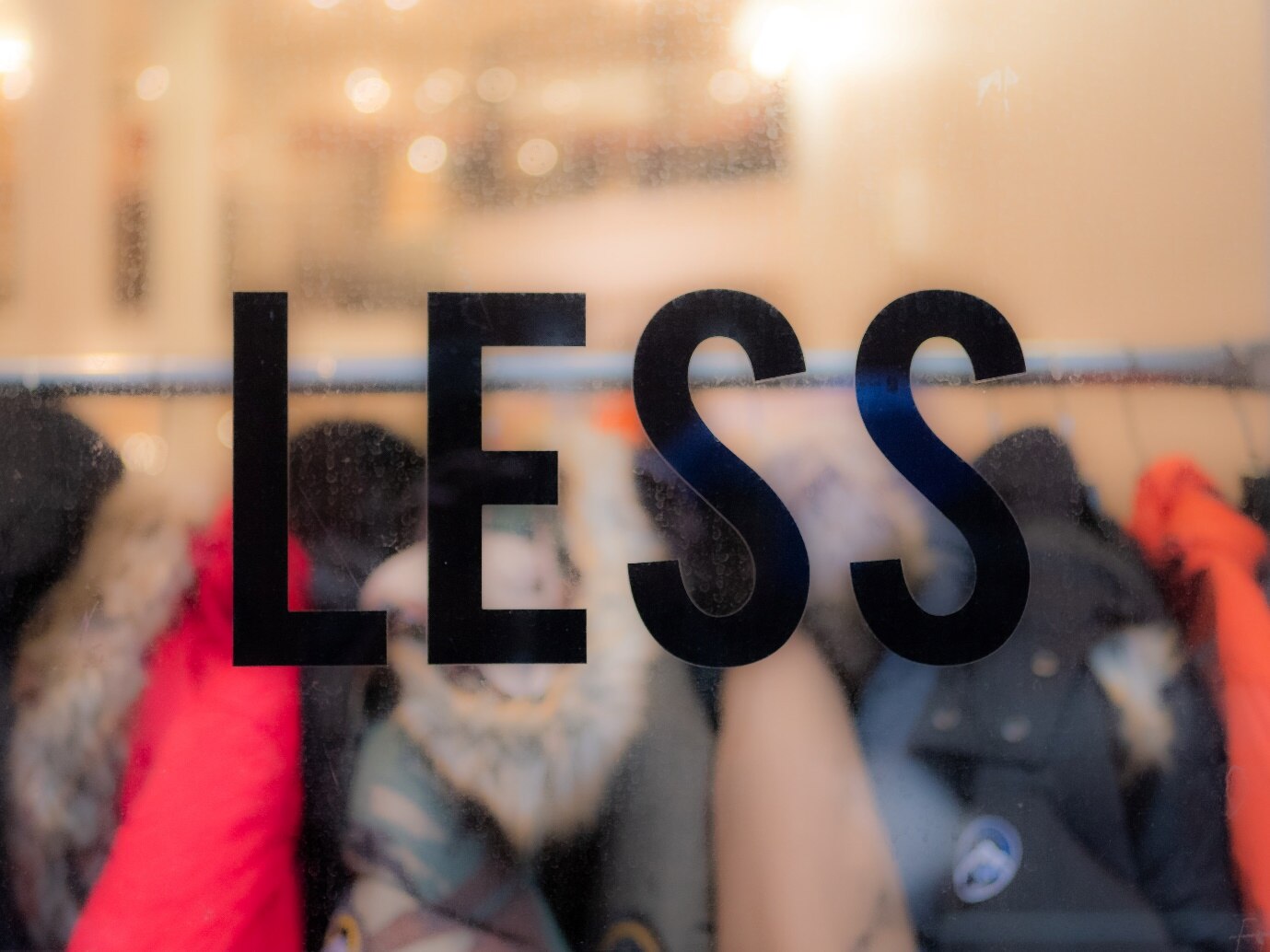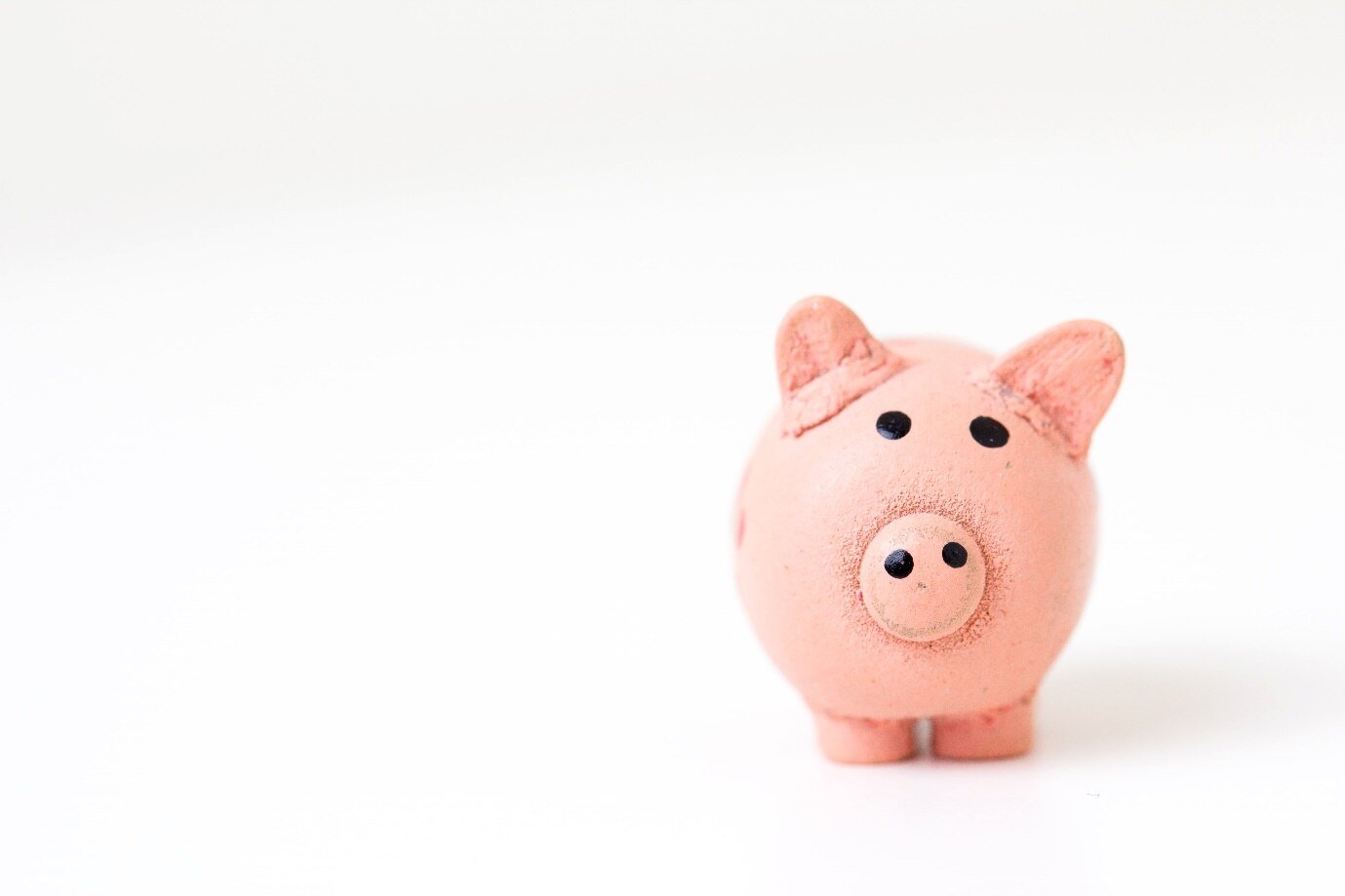Everything you buy, use, or dispose of may be used in a variety of ways. This applies to every sector, every issue, and every product. Changing everything that you do or buy at once isn't necessary, and you don't have to toss out whatever you like in favour of something more "sustainable."
When it comes to achieving a more sustainable lifestyle, a lifestyle shift is needed rather than a quick-fix diet. There's no quick fix to being more environmentally friendly; rather, it's a lifetime process that involves trial and error, learning from mistakes, starting over, and sharing your experiences along the way.
While having a goal in mind is crucial, the trip itself, no matter how long or short it may be, is what matters most.
So, are you all set??
What does it mean to live a sustainable lifestyle?
Reduce the number of Earth's resources that you utilize in order to help save it. If you intend to lower your carbon footprint, there are various things you can do, like reducing your consumption of energy, switching to eco-friendly items, and altering your eating habits. At the same time, you must try to reduce your water footprint to help heal the environment.
A sustainable lifestyle is one that minimizes your influence on the environment while simultaneously attempting to replenish the resources you do consume.
Why is it vital to live a more sustainable lifestyle?
We are now consuming resources, generating trash, and using energy at an unsustainable rate. As a result, the ecosystem, wildlife, and humans are harmed by environmental challenges such as pollution and climate change. It's possible to lower your carbon footprint by implementing a few simple lifestyle modifications.
Buy organic

What are the advantages of purchasing organic products? What's the point of it all? The value of the farming system that produces the food you enjoy is as important as the individual chocolate bar or the carrot you choose to purchase organically.
If you believe that your food should be nutritious, not harm the environment, treat employees, farmers, and factory workers fairly, and if you care about animal welfare, you should consider buying organic as much as possible instead of paying the low-price set by the retailer.
All organic food is grown without the use of any chemical fertilisers, pesticides, or genetically modified organisms (GMOs). Interested in finding out more?
Cut back on your use.

This is a massive, all-encompassing objective. As consumers, we're all guilty of consuming too much of everything, from printers that we discard rather than fix to quick clothes that we discard after a few washes. Many of you may have been misled into believing certain things in order to have a happy and successful life, but we are beginning to question whether or not these beliefs are correct.
Nappies and straws are only two examples of our "consumed" things that are polluting the environment. If a person wants to live a sustainable life, they need to adopt a more eco-conscious purchasing strategy.
As a consumer, you've worked hard to earn your money. Spend it wisely with companies that value environmental stewardship over short-term profit.
When you stop and think about what you really need and why you really need it, you'll be amazed at how much more sustainable you'll be in the long run if you don't go out and get it directly from Amazon. Then then, it might save you money in the long run.
Support local businesses
Even though it's a critical first step toward a more environmentally friendly way of life, many people disregard it. Not buying anything ever again isn't the only way to live a more sustainable lifestyle. It's crucial to support small, independent companies since they are frequently more environmentally friendly than large, multinational conglomerates.
· Spend some of your time looking into the brands you frequently use.
· Do they work with a charity or give back programme?
· Do they make an effort to reduce or compensate for their impact on the environment?
· What do you call a social business?
· Is there a reason for them?
These are all simple ways to ensure that your money is working hard for the environment. You know you're supporting a real person and a genuine business when you buy from a local business, which has the extra benefit of keeping money in your community.
Spend less money, but spend it wisely.

It's hard to break a sustained groove. Once you do, you'll buy better stuff. Even if you can't avoid buying anything, consider the quality and provenance of what you buy since it matters. By prolonging the usable life of items and minimising their replacement frequency, you may reduce production waste.
Every object in your home has a carbon impact and eventually be thrown away. Before and after you, it had a life. Try to gain knowledge about subjects that are important to you. Sustainability may include a wide range of topics, from the fashion industry to industrial farming and permaculture to biotech innovation.
Often, the first step is to ignore the broad brush of "sustainability" and figure out which concerns connect better with your own personal values and worldview. It might also contain things such as
· Taking a plant-based diet and making the switch to vegan skincare and clothes
· Industrial farming and animal rights
· Deforestation and the extinction of species
· Remove plastic waste from our waterways and the oceans.
· Reduction of chemical content in clothes, skincare, and food
· Getting rid of the trash or recycling it
· Increasing the amount of green space in your immediate surroundin
In other words, you have millions of opportunities each day to make a more sustainable choice and, in turn, to gradually become more sustainable as a result of those choices. Our goal isn't for you to be flawless but rather for you to step up your efforts and inspire others to do the same.